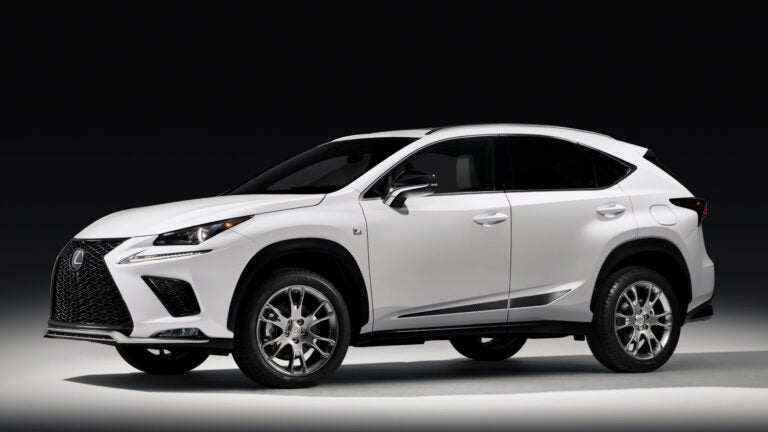
Q. I went for an oil change and tire rotation on my 2019 Lexus NX 300 at the Lexus dealer. The technician showed me surface rust forming on the front rotors and recommended that I resurface the front rotors at a price of $400.00. Isn’t this price quite excessive just for the labor charge of resurfacing and not replacing the rotors? My car only has 18,000 miles. I like working with this dealer, but should I tell him that new rotors don’t even cost this much and ask if this is his best price?
A. Resurfacing brake rotors removes metal, and less metal means the rotors are more likely to distort due to heat. If the car stops normally and is quiet (except for the first couple of brake applications), I wouldn’t worry about it. All brake rotors will get a light coating of rust when allowed to sit. Generally, normal driving removes the rust. If it is very deep rust pitting on the rotors, then it would be best to replace the rotors rather than resurface them. Regarding price, new factory rotors are about $91 each, plus labor, about the same price you were quoted for resurfacing your existing brake rotors.
Q. I own a 2019 Subaru Crosstrek that runs great, and I do my best to take good care of it. One thing I knew when I purchased it is that the engine is a little underpowered. I didn’t buy it to win any races, but when I’m merging onto a highway it sometimes drags a little bit. Is there anything low impact I could do to give it a few more horses? The manual doesn’t specify high octane fuel, but I do fill with the premium stuff some of the time. I don’t really notice a difference. I know in later models of Crosstreks, they put a larger engine in it and I’m not currently interested in purchasing a new one. But I’d like to be able to give it a little more oomph now and again.
A. There is really nothing you can do. The 152-horsepower engine isn’t bad, but the transmission is designed to balance fuel economy and performance. You are correct, the newer models have 30 more horsepower and a bit more torque. As you pointed out it makes no sense to waste money on premium fuel. It won’t increase horsepower. The only horsepower gains would come from a new air intake system, lower restriction exhaust system, and the addition of a turbocharger. These are all expensive modifications and nothing I would recommend for day-to-day driving.
Q. I have a transmission that acts odd from time to time. It is an older Dodge truck. I dropped the pan and changed the fluid and filter, but it still acts up. Any thoughts on transmission additives?
A. One of the most popular transmission additives is Lucas Oil’s Transmission Fix. I have heard from readers over the years about how this additive smoothed out issues, eliminated transmission flaring between gears, and even slowed or stopped leaks. It is relatively inexpensive and certainly worth a try.
Q. I have seen you mention some products and tools in your column and nearly all are favorable. I’m curious, are these things sent to you for evaluation or do you buy them for your own use?
A. It really is a combination of both. Sometimes when doing a project I will buy a tool I don’t already have. Recently, I was fixing some under-dash wiring and purchased an automatic wire stripper, which made the work much easier in such a limited space. Sometimes I will get a tool or device for evaluation. If it is good, I will mention it, if it is not, I may not mention it, or simply tell readers not to waste their money. Unfortunately, there are some social media posts that promise automotive “miracles” but deliver almost nothing.
Q. I have a question about my wife’s 2018 Subaru. The tire symbol lights up on the dash after driving about three or four miles. All tire pressures have been checked twice with a Ryobi battery handheld air pump and double checked with a digital pressure gauge. Could it be a sensor in one of the tires? We have replaced one already.
A. The average life of a direct style tire pressure sensor is 7-10 years. It sounds a little early, but it is certainly possible that one sensor is not transmitting properly. This can be a bit tricky to test if the issue is only intermittent. At this point continue what you are doing and check the air pressure on a regular basis until the light stays steady. Once this happens a technician with the proper tool will be able to isolate the failing sensor.
John Paul is AAA Northeast’s Car Doctor. He has over 40 years of experience in the automotive business and is an ASE-certified master technician. E-mail your Car Doctor question to jpaul@aaanortheast.com. Listen to the Car Doctor podcast at johnfpaul.podbean.com.
Loading…




